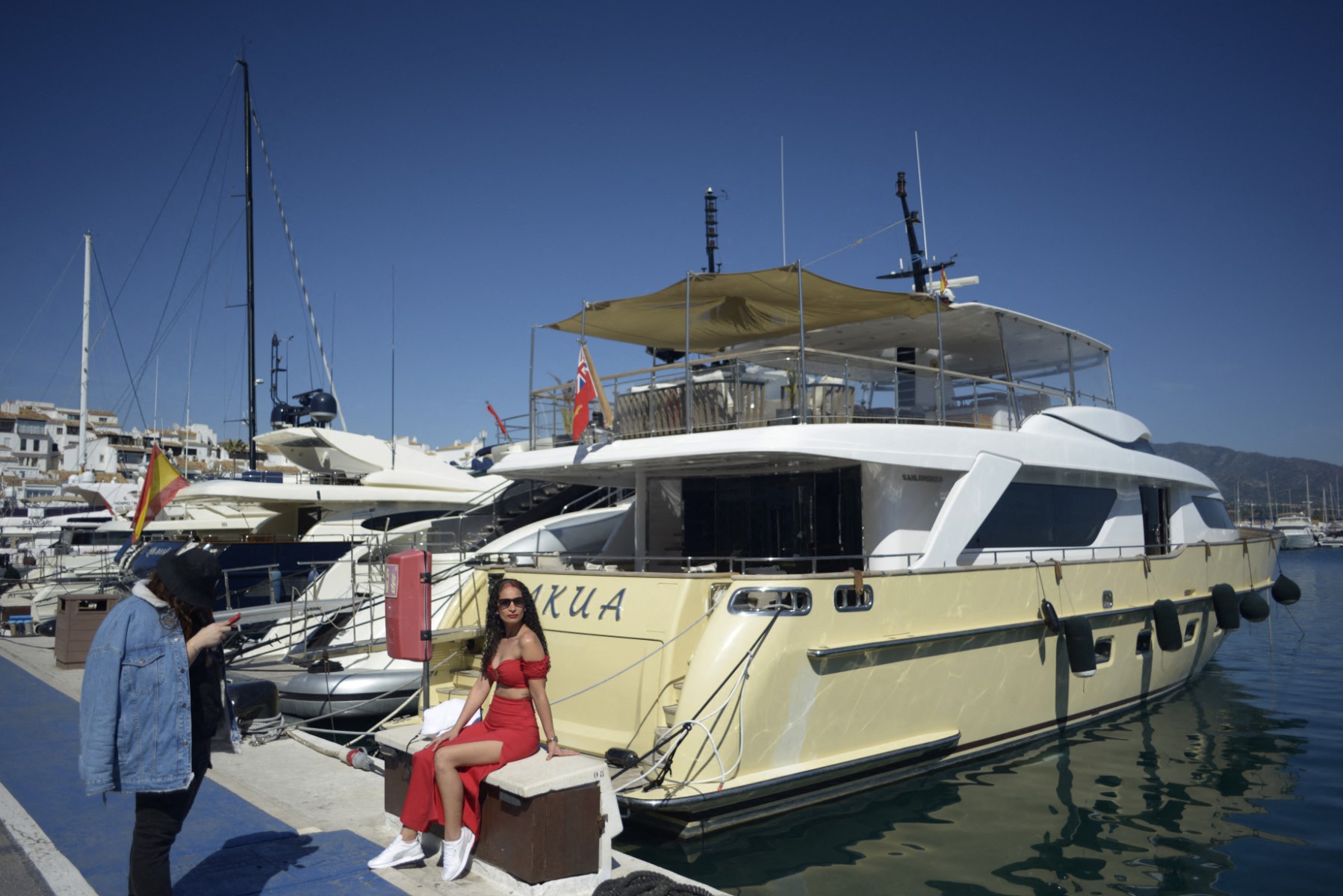Among the government’s decisions are putting a cap on the price of gas, forcing electricity companies to sell part of the energy they generate at a fixed price, and the extension of tax cuts on electricity bills.
In Tuesday’s press conference, third deputy Prime Minister, Teresa Ribera, insisted that this “shock plan” will mean a reduction in electricity bills of 22 percent, and that if the measures already adopted are added – such as the reduction VAT and other taxes – the reduction in the electricity bill will reach 30 percent.
Special tax on electric power has also been dropped from 5.1 percent to 0.5 percent, as promised by Prime Minister Pedro Sánchez during his interview with TVE on Monday.
The government hopes that these new plans will have an immediate impact on electricity bills.
In recent weeks, the increase in the price of electricity has generated significant tensions within the government coalition.
The PSOE had so far opted for tax cuts, while Unidos Podemos proposed the need to create a public company and limit the price of nuclear and hydroelectric energy, something that Ribera had rejected, with the argument that it would violate EU law.
After the announcement by Sánchez on TVE, the Minister of Social Rights and Secretary-General of Podemos, Ione Belarra, said “It’s the best news” that the PSOE “has accepted some proposals” from Podemos to “regulate the market and lower the price of electricity”.
“The government must protect the people against electricity companies that profit from the cost of a basic right,” he concluded.
READ ALSO:




 Please whitelist us to continue reading.
Please whitelist us to continue reading.
Member comments